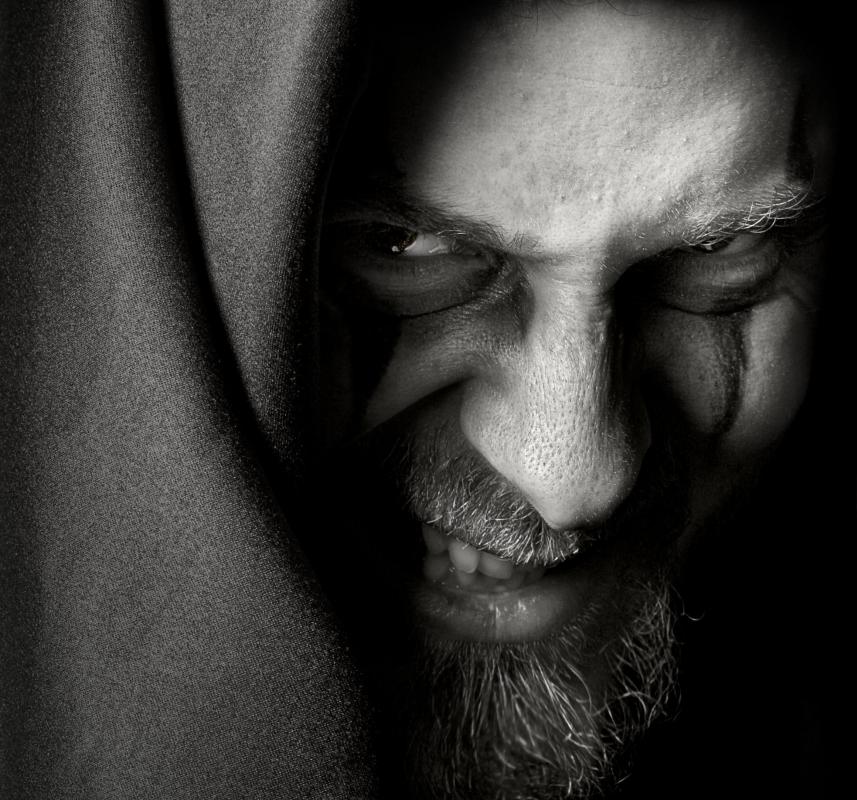At WiseGEEK, we're committed to delivering accurate, trustworthy information. Our expert-authored content is rigorously fact-checked and sourced from credible authorities. Discover how we uphold the highest standards in providing you with reliable knowledge.
What is a Dybbuk?
A dybbuk is a type of spirit found in some forms of folklore. Typical of European and folktales from a Kabbalah tradition, a dybbuk is the spirit of a dead person that is trapped or in someway connected to Earth, unable or unwilling to depart life completely. Dybbuks can be good or evil in nature, with evil versions often possessing good people and requiring exorcism to release their victims. Typically associated with mystic sects of Judaism, the existence of the dybbuk is not a widely accepted belief in the modern world.
Although there are examples of spirits with the power to possess humans in ancient literature across the world, the dybbuk is a legend unique to Jewish folklore, and is believed by some scholars to have developed as a part of mystic beliefs around the 8th century CE. Dybbuks are typically either trying to avoid an uncertain afterlife or have become lost and require an exorcism to find their way to an afterlife. In order to continue their existence after death, the dybbuk must cling or attach itself to a living person, resulting in possession. The name reflects the purpose of the spirit; the term comes from a Hebrew word meaning to stick or cling.

In order to exorcise a dybbuk from a living soul, a rabbi must perform certain rites of exorcism. This may involve reciting religious versus or playing a horn to shock or frighten the spirit away. After a successful exorcism, the living person is usually unharmed and can return to their normal lives, while the spirit is sent on to the afterlife.
Although there are hundreds of tales about these ancient spirits, one of the best known is The Dybbuk, a 1914 play by S. Ansky. A writer who based much of his work on his experiences traveling through Jewish villages in Europe, Ansky became a landmark in Jewish theater for this play, which tells the story of a woman who becomes possessed by a spirit on her wedding night. The play has been translated into many languages and produced in several different forms, including as a ballet with music by Leonard Bernstein.

Another author famous for his use of this spiritual concept is the satirist, Sholem Aleichem. Instead of presenting the possessing spirits as a true phenomenon, Aleichem used the concept in several stories to illustrate that superstitions and ignorance give endless opportunities to the greedy and opportunistic. Aleichem uses the idea of possession in several different short stories, including The Haunted Tailor.
AS FEATURED ON:
AS FEATURED ON:













Discussion Comments
This is weird. In the Torah, it states that souls die. Ezekiel 18:4-20.
Also that the dead are conscious of nothing at all. Ecclesiastes 9:5
And again that a person doesn't HAVE a soul, but that they ARE one Genesis 2:7
Based on this, a dybbuk could only be a demon pretending to be such things, like the encounter that King Saul had when he was rejected by God. 1Samuel 28.
Post your comments